San Francisco Supervisors and Advocates Call for Decriminalizing Psychedelics and Entheogens; San Francisco Could Join Cities Across the Country as Part of a Growing National Movement
FOR IMMEDIATE RELEASE - JULY 27, 2022
Contact:
Marjorie Sturm, Decrim SF | marjorie.sturm@gmail.com | 415-438-0701
Preston Kilgore, Legislative Aide to Supervisor Preston | Preston.Kilgore@sfgov.org | 717-468-9103
San Francisco, CA - Earlier today Supervisor Dean Preston (District 5) and cosponsor Supervisor Hillary Ronen (District 9) introduced a resolution at the Board of Supervisors urging the State of California and the United States Federal Government to decriminalize Entheogenic plant practices and their uses, and urging that the Investigation and Arrest of Individuals Involved with the adult use of Entheogenic plants on the Federal Schedule 1 list be amongst the lowest priority. An entheogen, which literally translates to experiencing divine within, describes a psychoactive substance or preparation derived from plants or fungi and used in religious, spiritual, or ritualistic contexts.
Supervisor Preston and Decrim SF's resolution comes on the eve of California State Senator Scott Wiener’s SB-519: Controlled substances: decriminalization of certain hallucinogenic substances being heard in the Assembly Appropriations committee. If Supervisor Preston’s resolution passes, San Francisco could join other jurisdictions in the United States, including Seattle, Washington, Oakland, California; Santa Cruz, California; Denver, Colorado; Ann Arbor, Michigan; Washington, D.C.; and the State of Oregon, which have decriminalized some or all entheogens; Portugal, Brazil, Jamaica, and the Netherlands have also decriminalized some or all entheogens.
Entheogens and psychedelics have been shown to benefit the well-being of individuals seeking treatment for depression, anxiety, PTSD, addiction, grief and end-of-life anxiety. There is an unmet need in San Francisco’s communities for the compassionate and effective care that these medicines provide.
“As the State Legislature prepares to vote on SB 519, we want to put San Francisco on record in support of the decriminalization of psychedelics and entheogens, as many other countries and cities have done,” said Supervisor Preston. “I am excited to partner with Decrim Nature to take this important step in San Francisco.”
The San Francisco’s Police Department’s current practices regarding entheogens are not formally codified as departmental policy. Therefore individuals who cultivate entheogens and transport for use in religious, spiritual, healing, or personal growth practices, either for their sole individual use or for the shared use of themselves and other practitioners are currently not protected from arrest or prosecution. Similarly, people are not protected from arrest or prosecution when their possession and/or cultivation of entheogens becomes evident to SFPD officers during an encounter for reasons other than possession.
Decriminalization efforts have wide support from users and health professionals. “I am excited by the immense healing potential that sacred plant medicines have to offer the field of mental health and the communities we serve right here in San Francisco,” stated Dr. Jennifer Christian Psy.D., a licensed clinical psychologist from the Castro district. “Decriminalization offers transparency for safe, qualified, and ethical psychedelic practitioners. This resolution would support public safety in the direction of risk reduction by promoting safe access, safe spaces, and above ground education and training.”
Hanley Chan, San Francisco Veterans Affairs Commissioner for Onevet Onevoice, praised decriminalization efforts, noting: “Working in both military and law enforcement, I’ve witnessed many different types of trauma and issues revolving around mental health. I support the decriminalization of entheogens and psychedelics in San Francisco to grant access to these medicines for our community”
Historically, compassionate use of another natural substance, cannabis, was championed in San Francisco by Dennis Peron and Mary Jane Rathbun (aka Brownie Mary), which led to the movement to legalize cannabis in states across the nation. Following in their footsteps, San Francisco has developed a rich and deep presence regarding psychedelic research, educational and professional certification. The University of California, San Francisco (UCSF) has created the Neuroscape Psychedelics Division, a multidisciplinary research center focusing on psychedelics. UCSF also founded The Translational Psychedelic Research (TrPR) Program which brings together scientists and care providers across disciplines to understand how psilocybin, LSD, ketamine, MDMA, and related compounds impact the brain and other organ systems. San Francisco is also home to the California Institute of Integral Studies and the Center for Psychedelic Therapies and Research and offers certificate programs in Psychedelic Assisted Psychotherapy.
